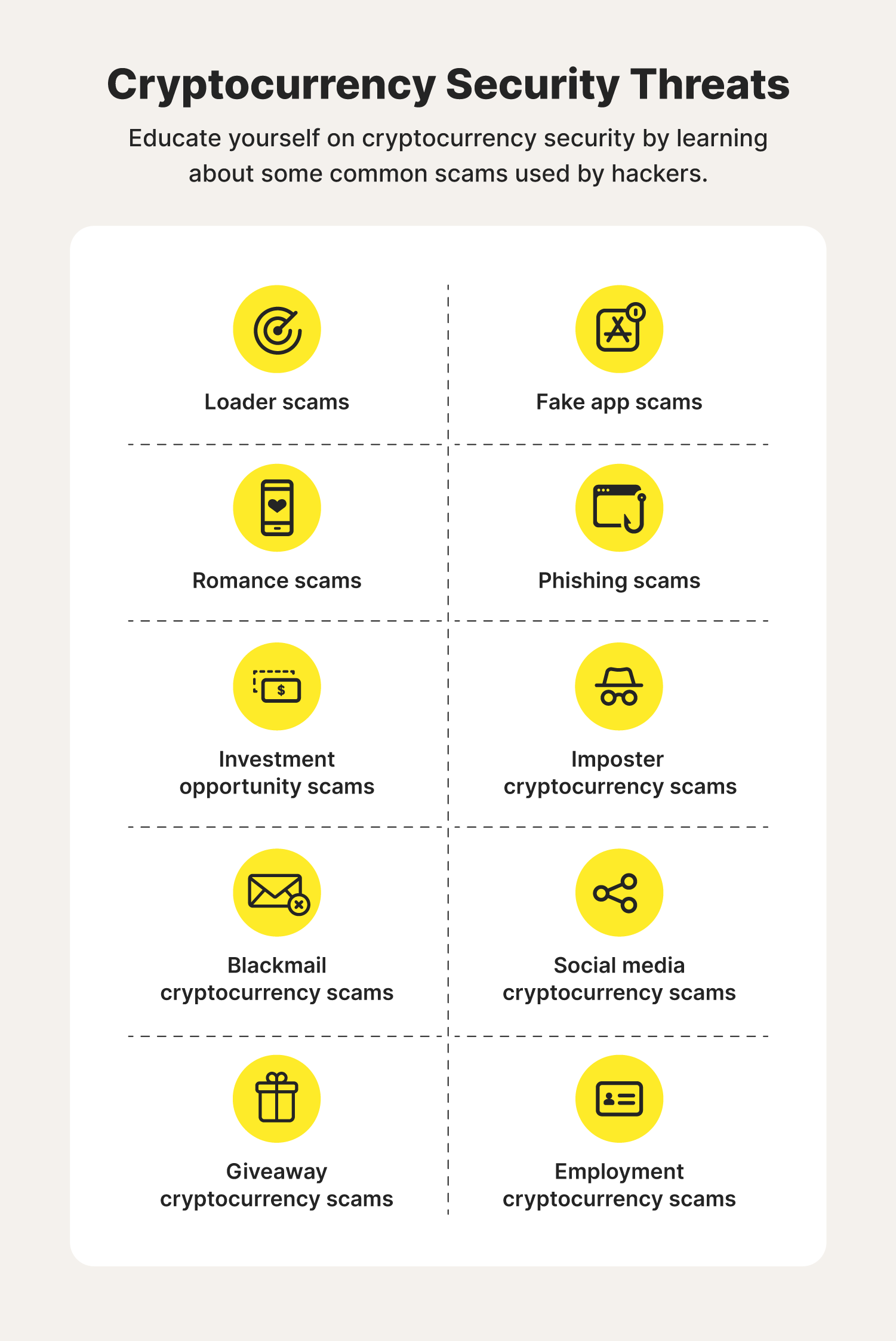
Table of Contents
🤔 What Are Crypto Scams?
Crypto scams are fraudulent schemes where bad actors trick people into giving away their digital money or personal information. These scams have become super common as more people invest in cryptocurrencies like Bitcoin and Ethereum.
Think of it this way: if regular money attracts thieves, then digital money attracts digital thieves – and they’re getting smarter every day! 💰
📊 Shocking Statistics About Crypto Fraud
- In 2024, Americans lost $9.3 billion to crypto fraud (FBI Report)
- Crypto scams increased by 24% in 2024
- 98.6% of tokens on some platforms are actually scams
- Over $75 billion stolen through “pig butchering” scams since 2020

🎭 Most Common Types of Crypto Scams
1. 🎣 Phishing Scams
What it is: Scammers create fake websites or send fake emails that look exactly like real crypto exchanges.
How it works:
- You get an email saying “Your account will be closed!”
- You click the link and enter your password
- BOOM! They steal your login details and empty your wallet
Real Example: A person in California lost $100,000 when they entered their wallet details on a fake website after being contacted by a fake “support team” member.
2. 🚀 Pump and Dump Schemes
What it is: Scammers buy a cheap cryptocurrency, then spread fake news to make the price go up. When people buy it, they sell everything and disappear.
Warning Signs:
- Someone tells you about a “secret” coin that will make you rich
- They create fake hype on social media
- The price suddenly crashes after going up
3. 💔 Romance/Pig Butchering Scams
What it is: Scammers build fake romantic relationships or friendships, then slowly convince you to invest in fake crypto platforms.
How it happens:
- They contact you on dating apps or social media
- Build trust over weeks or months
- Share “amazing” investment opportunities
- You send money to their fake platform
- They disappear with everything 💔
Shocking fact: A woman in Maryland lost millions to this type of scam in 2025!
4. 🤖 AI Deepfake Scams
What it is: Scammers use AI to create fake videos of famous people like Elon Musk promising to double your crypto.
How to spot them:
- Video quality looks slightly off
- The person never appears live or in real-time
- They ask you to send crypto first
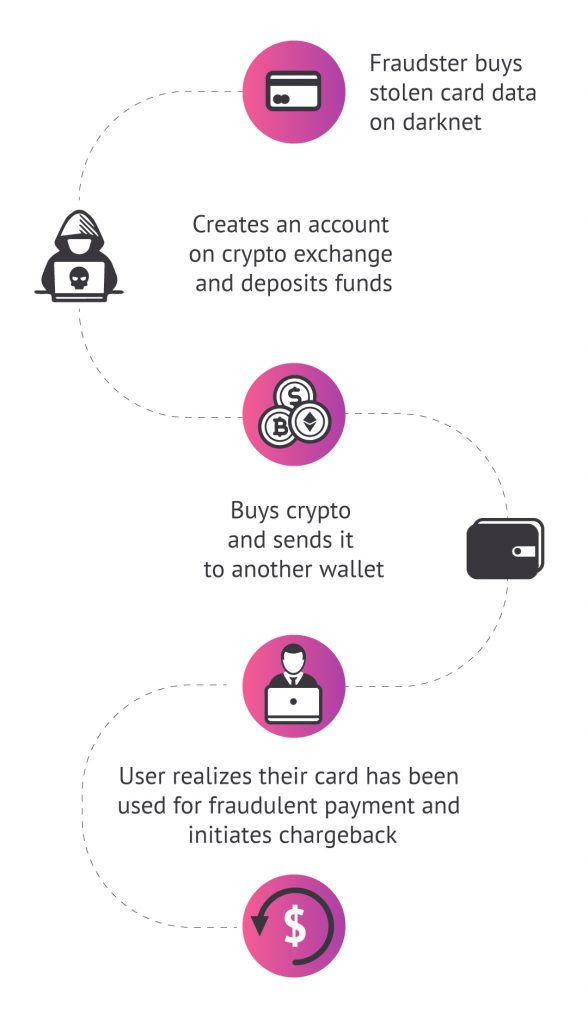
5. 📱 Fake Apps and Exchanges
What it is: Scammers create apps that look like real crypto exchanges but steal your money when you deposit.
Red flags:
- App has few reviews or fake reviews
- Promises extremely low fees
- Website looks unprofessional
- No customer support contact info
6. 🎁 Fake Giveaways
What it is: Scammers pretend to be celebrities or crypto companies offering free money if you send them crypto first.
Remember: Real giveaways NEVER ask you to send money first!
7. 💸 Investment Scams
What it is: Fake “investment managers” promise huge returns if you give them your crypto to trade.
Warning signs:
- Guaranteed profits (nothing is guaranteed!)
- Pressure to invest quickly
- Can’t withdraw your money
- No proper business registration
8. 🕳️ Rug Pulls
What it is: Developers create a new cryptocurrency, get people to invest, then suddenly disappear with all the money.
Fun fact: In 2025, rug pulls caused nearly $6 billion in losses, even though there were fewer of them!
🔍 How to Spot Crypto Scams
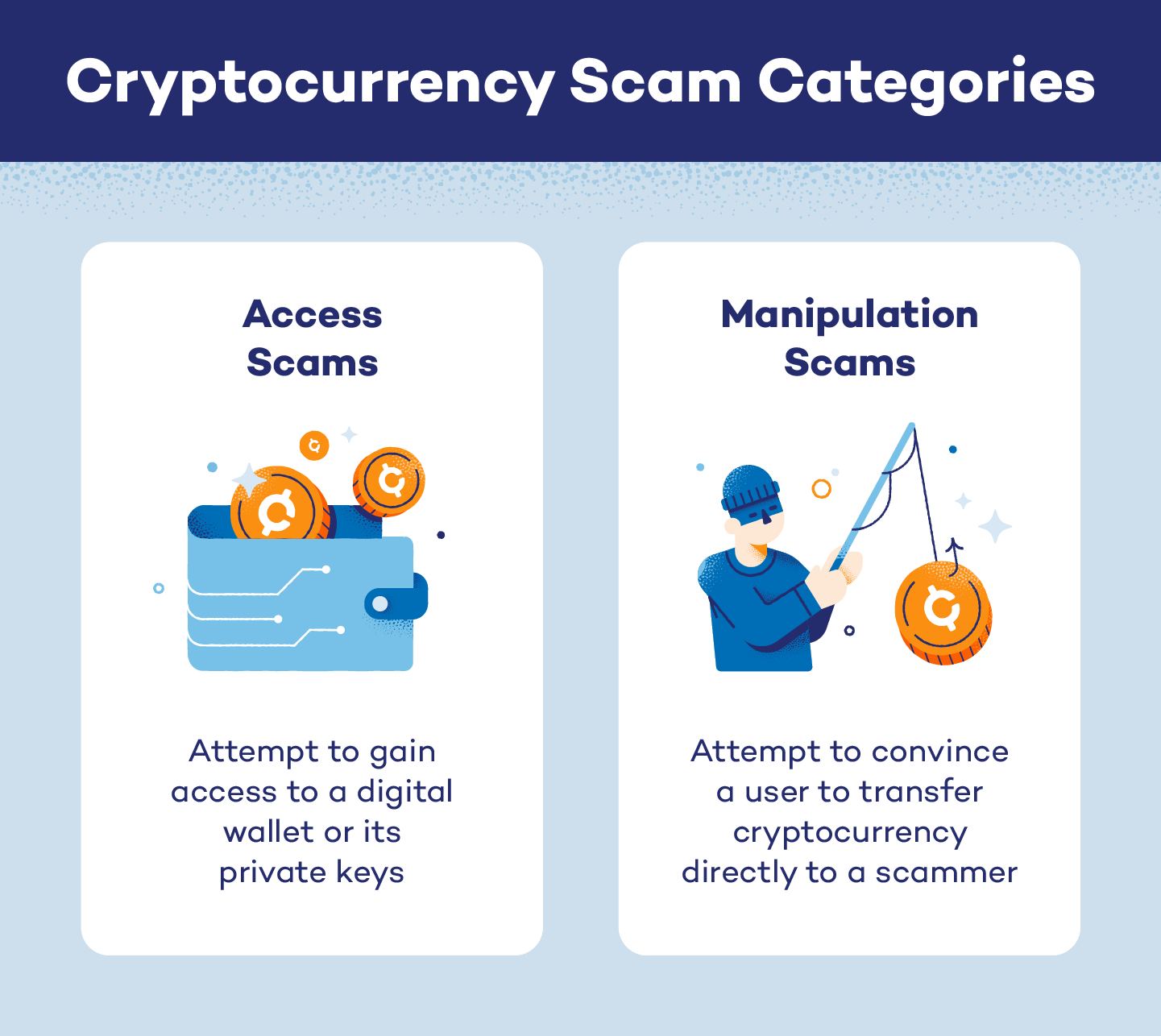
🚩 Major Red Flags
Too Good to Be True Promises
- “Double your money in 24 hours!”
- “Risk-free investments!”
- “Secret trading strategies!”
Pressure Tactics
- “Limited time offer!”
- “Act now or miss out!”
- “Only 100 spots available!”
Communication Red Flags
- Contact you first (unsolicited)
- Poor grammar and spelling
- Use messaging apps instead of official channels
- Avoid phone calls or video chats
Technical Red Flags
- Websites with suspicious URLs
- No proper company information
- Fake testimonials
- No real customer support
✅ How to Verify Legitimacy
- Check official websites – Type the URL manually, don’t click links
- Read reviews – Look for real user experiences
- Verify registration – Check if the company is properly registered
- Test customer support – Try contacting them with questions
- Research the team – Look up the founders and team members
🛡️ Prevention Tips: How to Stay Safe
.png?width=760&height=1140&name=Group%2028938%20(1).png)
🎯 Essential Security Practices
1. Use Reputable Platforms Only
- Stick to well-known exchanges like Coinbase, Binance, Kraken
- Check if they’re regulated in your country
- Read user reviews and ratings
2. Secure Your Accounts
- Enable two-factor authentication (2FA)
- Use strong, unique passwords
- Never share your private keys or seed phrases
- Store large amounts in hardware wallets (cold storage)
3. Be Skeptical
- If someone contacts you first, be extra careful
- Never send crypto to get crypto back
- Don’t trust “guaranteed” profits
- Verify everything independently
4. Keep Learning
- Stay updated on new scam types
- Join legitimate crypto communities
- Follow trusted news sources
- Learn how blockchain technology works
🔐 Technical Security Tips
Wallet Security
- Use separate wallets for different purposes
- Keep most funds in cold storage
- Backup your seed phrases securely
- Never store keys on your computer or phone
Online Safety
- Use a VPN when accessing crypto accounts
- Keep software updated
- Use antivirus protection
- Double-check website URLs
- Bookmark official websites
Transaction Safety
- Always verify recipient addresses
- Start with small test transactions
- Check transaction fees (unusually high fees = red flag)
- Keep records of all transactions
🚨 What to Do If You’re Scammed
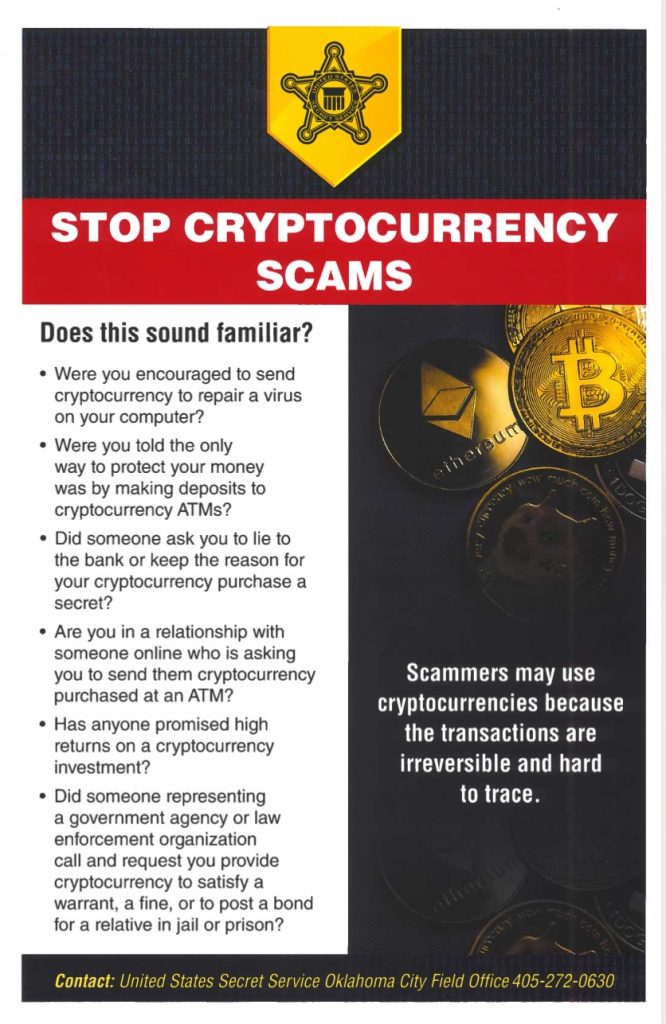
Immediate Actions ⚡
- Stop all contact with the scammer
- Don’t send more money (even if they promise to “fix” things)
- Document everything – screenshots, emails, transaction IDs
- Change all passwords and enable 2FA
- Check other accounts for suspicious activity
Reporting the Scam 📋
In the United States:
- FBI Internet Crime Complaint Center: ic3.gov
- Federal Trade Commission: reportfraud.ftc.gov
- Your local police department
Other Countries:
- Action Fraud (UK): actionfraud.police.uk
- ACCC Scamwatch (Australia): scamwatch.gov.au
- Your country’s financial regulator
Platform Reporting:
- Report to the crypto exchange or platform
- Report fake social media accounts
- Report malicious websites to hosting providers
Recovery Options 💡
Important: Crypto transactions are usually permanent, so recovery is very difficult. However:
- Some exchanges may freeze scammer accounts
- Law enforcement sometimes recovers funds
- Blockchain analysis can help track stolen funds
- Class-action lawsuits may be possible for large scams
💪 Building a Crypto-Safe Mindset
Remember These Key Principles:
- If it sounds too good to be true, it probably is
- Nobody gives away free money
- Legitimate businesses don’t pressure you
- Always do your own research (DYOR)
- When in doubt, don’t invest
Trusted Resources for Learning:
- CoinGecko and CoinMarketCap for price data
- Official project websites and documentation
- Reddit communities (but be cautious of shills)
- YouTube channels by established crypto educators
- Regulatory websites in your country
🎯 Conclusion: Stay Smart, Stay Safe
The crypto world offers amazing opportunities, but it’s also full of traps for the unwary. Scammers are getting smarter, using AI and sophisticated psychological tricks to steal people’s money.
Your Action Plan:
✅ Educate yourself about common scam types
✅ Use only reputable platforms and services
✅ Enable strong security on all accounts
✅ Be skeptical of unsolicited offers
✅ Never share private keys or seed phrases
✅ Keep most funds in cold storage
✅ Stay updated on new scam trends
👉 Want advanced protection tips? Read our deep dive on How to Avoid Crypto Scams in 2025 for pro-level threat detection and safe practices.
Final Thoughts 💭
Remember: The best defense against crypto scams is knowledge and caution. Take your time, do your research, and never let anyone pressure you into quick decisions with your money.
The crypto industry is still young and evolving. By staying informed and following security best practices, you can enjoy the benefits of digital currencies while protecting yourself from scammers.
Stay safe, and happy investing! 🚀
This article is for educational purposes only and not financial advice. Always do your own research before making investment decisions.
Sources:
- FBI Report on Crypto Fraud
- Federal Trade Commission Scam Tracker
- Chainalysis Crypto Crime Report
- Various cybersecurity research organizations
⚠️ Important Disclaimer
Please note that I am a human and human can make mistakes and this information is for educational purposes only. Nothing in this article should be considered financial or investment advice. Cryptocurrencies are volatile and involve substantial risk of loss. Always do your own research before making any investment decisions. Consult with a qualified financial advisor for personalized guidance.
Please Note:-
CryptoView.live may contain links to third-party websites or external resources purely for informational purposes. We do not control or endorse the content, accuracy, or offerings of any third-party site linked within our platform. Visitors are strongly encouraged to conduct their own research before engaging with any services or content mentioned. The views expressed on CryptoView.live do not constitute financial advice and reflect the opinions of the authors, not necessarily those of the platform itself.
What are the most common crypto scams in 2025?
Phishing links, fake wallet apps, rug pulls, and impersonation scams via social media or Discord are still top threats this year.
How can I spot a phishing attempt?
Watch for suspicious links, misspelled domains, fake support staff, and urgent messages demanding wallet access or private keys.
Are fake apps still a problem in 2025?
Yes — especially fake wallets on unofficial APK sites and even some cloned versions on legit app stores. Always verify publisher identity.
What is social engineering in crypto scams?
It’s when scammers manipulate you emotionally or socially — like pretending to be a friend, support agent, or influencer to gain trust.
What’s the safest way to protect your crypto from scams?
Use a hardware wallet, enable 2FA, bookmark official links, and never share your seed phrase. Education and caution are your best tools.


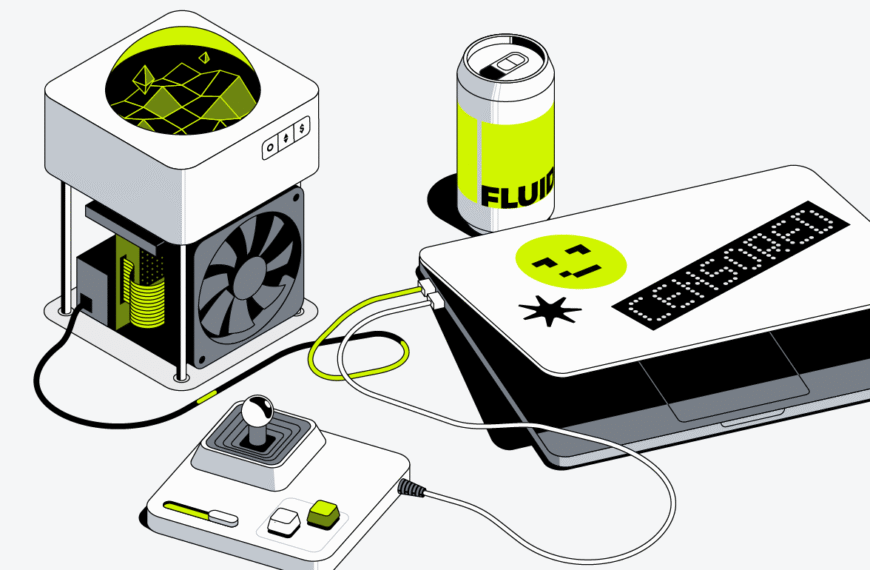


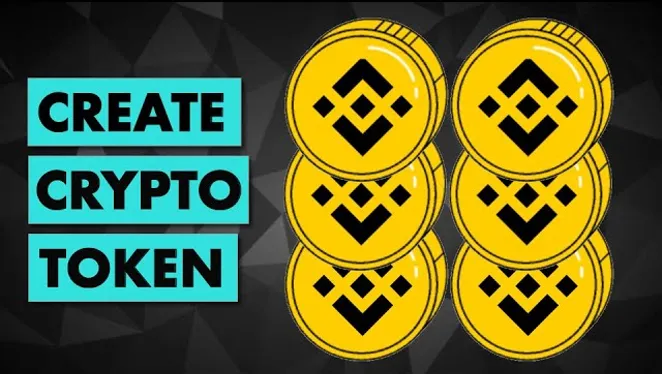


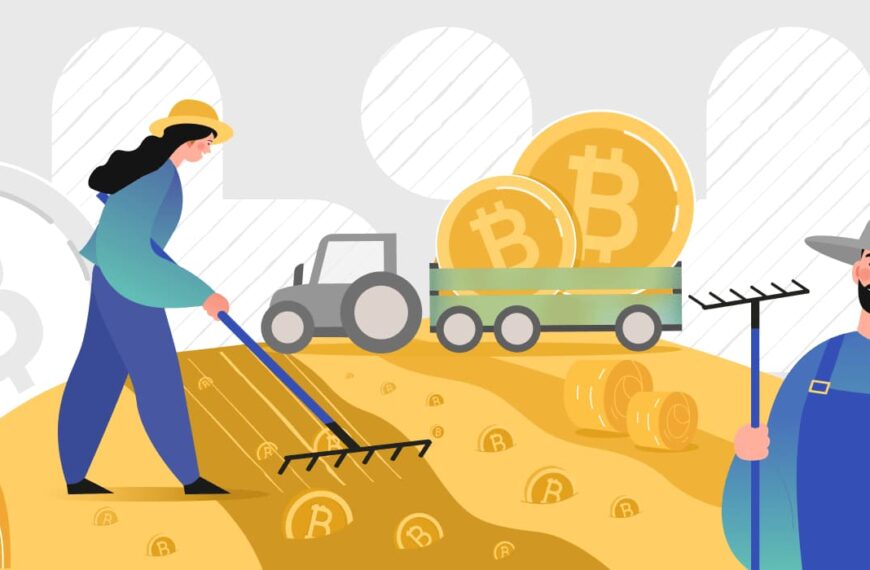
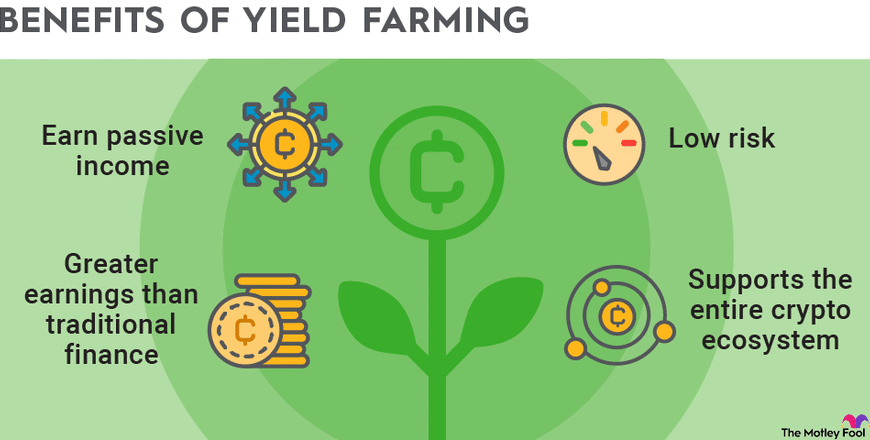

8hede7
aw5ths